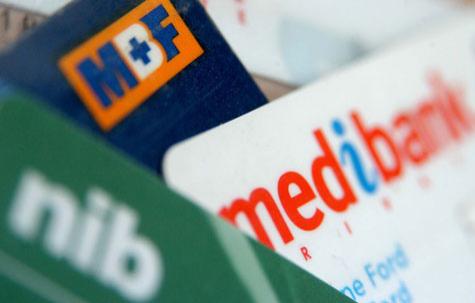The Galaxy poll, released today, found 10 per cent of individuals earning more than $84,000 and families earning more than $168,000 would dump their cover rather than having their rebate reduced.
That's even though high-income earners will generally be better off staying in a fund to avoid paying an increased Medicare levy surcharge of up to 1.5 per cent of taxable income on those without cover.
The poll was funded by iSelect, which helps people purchase health insurance.
It also found 20 per cent of people affected by the change, which starts on July 1, will downgrade their cover as a result.
Forty-four per cent of respondents said they'd stay put and cope with the means test and 22 per cent were unsure what they'd do.
Health Minister Tanya Plibersek says means-testing the 30 per cent rebate will ensure low- and middle-income earners aren't subsidising cover for wealthier Australians.
"Nearly eight million private health insurance policy holders won't be affected when the changes take effect from July 1," Ms Plibersek's spokesman said in a statement.
"Individuals and families would need to be earning around $130,000 and $260,000 or more to lose the rebate entirely."
The minister's spokesman said despite dire predictions that thousands of people would drop their cover, 50,000 actually signed up for health insurance during the parliamentary debate earlier this year.
The federal opposition argues the changes will result in 1.6 million Australians dropping their private hospital cover over the next five years and another 4.3 million downgrading their coverage.
But the government disputes those figures, claiming Treasury modelling suggests that only 0.3 per cent, or 27,000 people, would drop out of the private system.
The reforms are expected to save the government $2.4 billion over three years and $100 billion by 2050.
Has means testing the rebate made you re-consider your health insurance?


















__small.png)










